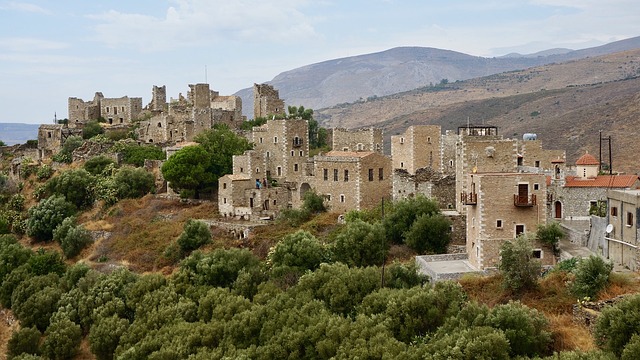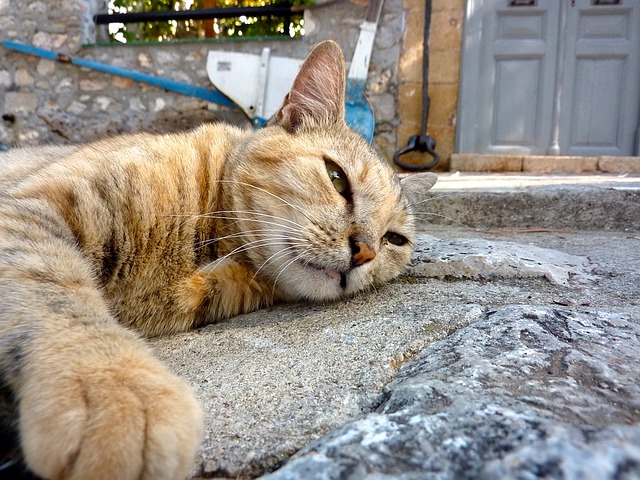Greek Culture: Past and Present Posted by Ourania on Mar 13, 2019 in Culture, Vocabulary
Γεια σας! This post is about some old traditions and habits which are not strictly followed now.
#1. The afternoon nap
In the past, people used to take a nap between 2-4 p.m. Nowadays, in the big cities, most people have no time to sleep in the afternoon. The afternoon nap is called «μεσημεριανός ύπνος» and not “siesta”. However, when we take our summer vacation, we like sleeping in the afternoon because it’s too hot to do anything else. In small places, the shops are closed. We say « πάω για έναν υπνάκο» (I will go for a nap) or «θα πάρω έναν υπνάκο» (I will take a nap).
#2. Children names
As a general rule, children are named after their grandparents. In the past, this was a big issue but now, but now, although this tradition is still followed, we are not so strict about it. If you are curious to know whether your Greek friends named their children after their parents you can ask: «Ο γιος σας έχει το όνομα του παππού του;» (Does your son have his grandfather’s name?) or «η κόρη σας έχει το όνομα της γιαγιάς της;» (Does your daughter have her grandmother’s name?). If you want to know how a baby is going to be named, you can ask «πώς θα το βγάλετε;» (how will you name it? “It” refers to ‘baby’ which is a neuter noun in Greek)
#3. Name day
The Greek word is «ονομαστική γιορτή» but it is more common to use «γιορτή». We all celebrate our name day in order to honor the death of the Saint after whom we were named. In the past, when someone was celebrating their name day, their house was open to friends and relatives, who could show up without being invited. People never celebrated their birthday. Now, most people celebrate their birthday as well and we do not visit others without being invited.
When someone celebrates, we wish them «χρόνια πολλά». Literally, it means “many years”.
We say «έχω τα γενέθλιά μου» (literally, I have my birthday), «είναι τα γενέθλιά μου» (it is my birthday), «έχω τη γιορτή μου» (I have my name day), «είναι η γιορτή μου» or «γιορτάζω» (it is my name day).
#4. Fasting on Wednesday and Friday
A few decades ago, people used to follow the Orthodox fasting rules and abstained from meat (κρέας), fish (ψάρι), eggs (αυγά) and dairy products (γαλακτοκομικά προϊόντα) on Wednesday (Τετάρτη) and Friday (Παρασκευή). Now, this tradition is only followed by very devout Orthodox Christians. If we want to know whether someone is fasting, we ask: «Nηστεύεις;» (Are you fasting?)

Build vocabulary, practice pronunciation, and more with Transparent Language Online. Available anytime, anywhere, on any device.





